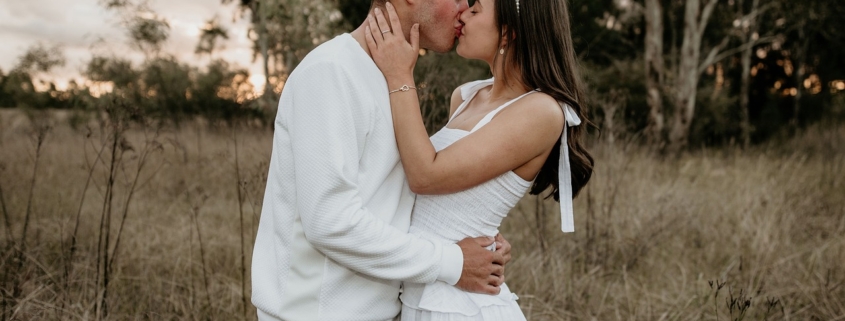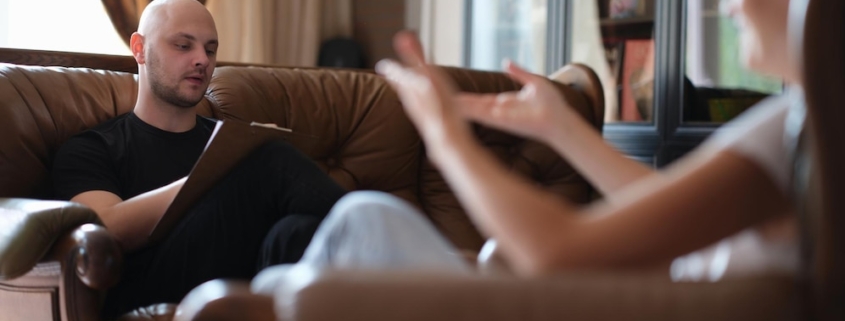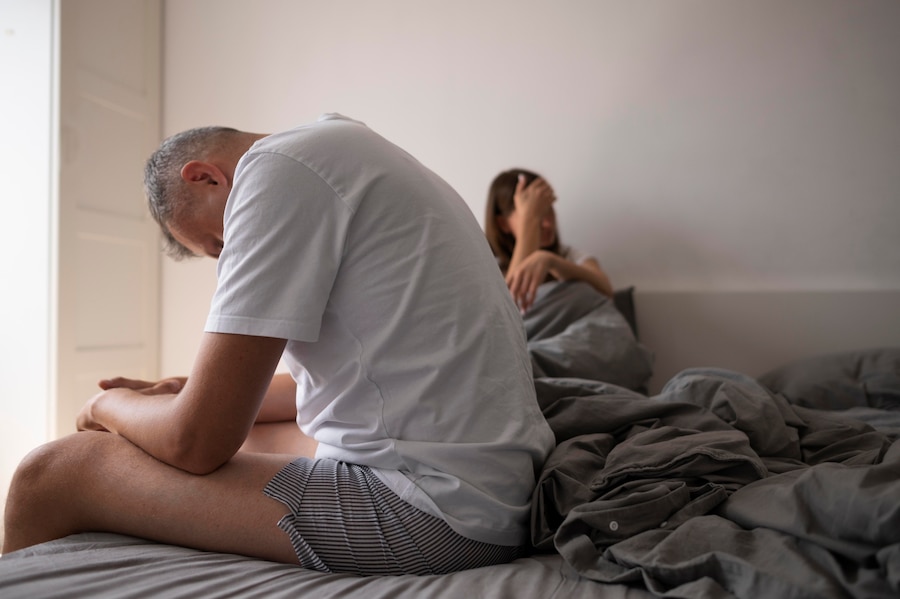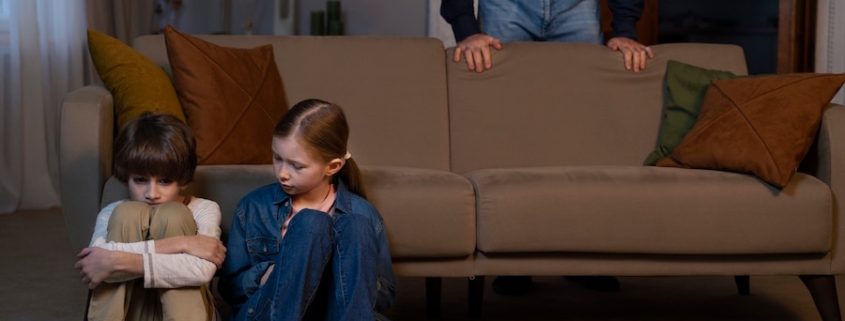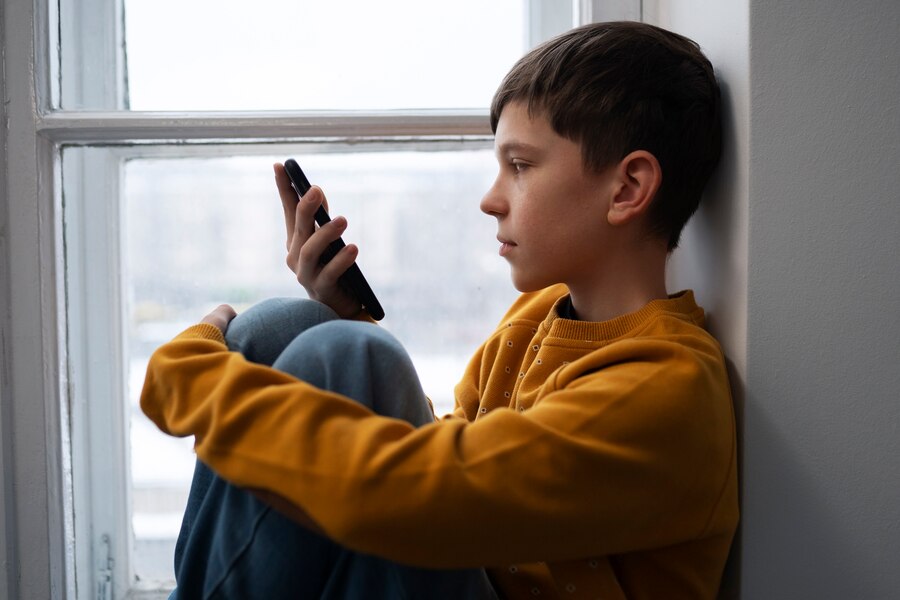Suffolk County New York Couples Rehabilitation Programs
When battling addiction, having a partner who understands and supports you can be invaluable. Couples rehab offers a unique approach to addiction treatment by allowing partners to recover together. If you are seeking couples rehab in Suffolk County, NY, this guide will provide you with everything you need to know about the best programs available, how to determine if it’s right for you, and actionable tips to ensure a successful recovery journey.
Confidential Couples Addiction Helpline: (888) 500-2110
Understanding Couples Rehab
What is Couples Rehab?
Couples rehab is a specialized form of addiction treatment where partners attend rehab together. This approach focuses on healing the relationship as well as addressing individual substance abuse issues. It provides an opportunity for couples to work through their addiction problems in a supportive environment while rebuilding trust and communication.
Why Choose Couples Rehab in Suffolk County, NY?
Suffolk County, located on Long Island, NY, is home to numerous reputable drug and alcohol rehab centers for couples. The serene and scenic environment of Suffolk County provides a peaceful backdrop conducive to healing and recovery. Moreover, the area’s proximity to major cities like New York City ensures access to a wide range of support services and resources.
Benefits of Couples Rehab
Enhanced Support System
Recovering alongside your partner means having a built-in support system. This mutual support can significantly boost motivation and commitment to sobriety. Sharing the journey can also strengthen the bond between partners, promoting long-term recovery.
Improved Communication
Addiction often strains relationships, leading to breakdowns in communication. Couples rehab incorporates therapy sessions that focus on improving communication skills, helping couples resolve conflicts, and fostering a healthier, more supportive relationship dynamic.
Addressing Co-Dependency
Co-dependency is a common issue in relationships affected by addiction. Couples Rehab provides the tools and guidance necessary to address co-dependent behaviors, promoting independence and healthier relationship patterns.
Confidential Couples Addiction Helpline: (888) 500-2110
How to Determine if Couples Rehab is Right for You
Evaluating Your Relationship
Not every couple is suited for joint rehab. It’s essential to assess your relationship honestly. If both partners are committed to recovery and willing to work on their relationship, couples rehab can be highly beneficial. However, if there is a history of domestic violence or severe relational conflict, individual rehab might be a safer initial step.
Consulting with Experts
Speaking with addiction treatment professionals can provide valuable insights into whether couples rehab is the right choice. They can assess the specific dynamics of your relationship and recommend the most appropriate treatment plan.
Understanding the Commitment
Couples rehab requires a significant commitment from both partners. It involves intensive therapy sessions, both individually and as a couple, and a willingness to confront and work through challenging issues. Being mentally prepared for this commitment is crucial for success.
Finding the Best Couples Rehab Programs in Suffolk County, NY
Research and Reviews
Start by researching reputable rehab centers in Suffolk County. Look for facilities that specialize in couples rehab and have positive reviews and testimonials. Websites like Google Reviews and Yelp can provide valuable insights from former patients.
Accreditation and Licensing
Ensure the rehab center is accredited and licensed by relevant authorities. Accreditation from organizations like the Joint Commission or CARF (Commission on Accreditation of Rehabilitation Facilities) is a good indicator of quality care.
Personalized Treatment Plans
The best couples rehab programs offer personalized treatment plans tailored to the unique needs of each couple. Look for facilities that provide comprehensive assessments and create customized treatment strategies.
Expert Staff
The expertise and qualifications of the staff are crucial. Ensure the rehab center has a team of experienced professionals, including licensed therapists, counselors, and medical staff who specialize in addiction treatment for couples.
Top Couples Rehab Centers in Suffolk County, NY
Seafield Center
Seafield Center, located in Westhampton Beach, offers a range of addiction treatment services, including specialized couples rehab programs. Their holistic approach combines medical detox, individual and group therapy, and family counseling to ensure comprehensive care.
Long Island Center for Recovery
The Long Island Center for Recovery in Hampton Bays provides tailored treatment plans for couples. They emphasize dual diagnosis treatment, addressing both addiction and any underlying mental health issues.
Phoenix House
Phoenix House, with locations across New York, including Suffolk County, offers evidence-based treatment programs for couples. Their integrated approach focuses on rebuilding relationships while providing robust addiction treatment.
What to Expect in Couples Rehab
Intake and Assessment
The journey begins with an intake and assessment process where both partners undergo a thorough evaluation. This helps in understanding the extent of addiction, co-occurring disorders, and relationship dynamics.
Detoxification
If necessary, couples will undergo medically supervised detoxification to safely manage withdrawal symptoms. This is a critical step before beginning therapeutic interventions.
Individual Therapy
Each partner will participate in individual therapy sessions to address personal issues related to addiction, such as trauma, mental health disorders, and behavioral patterns.
Couples Therapy
Couples therapy sessions are the cornerstone of couples rehab. These sessions focus on improving communication, resolving conflicts, and building a supportive, healthy relationship.
Group Therapy
Group therapy provides a supportive community where couples can share their experiences and learn from others facing similar challenges. It fosters a sense of belonging and reduces feelings of isolation.
Aftercare Planning
Successful rehab extends beyond the initial treatment period. Aftercare planning includes ongoing therapy, support groups, and relapse prevention strategies to ensure long-term sobriety.
Tips for a Successful Recovery in Couples Rehab
Stay Committed
Recovery is a challenging journey that requires unwavering commitment. Both partners must stay dedicated to the process and support each other through difficult times.
Communicate Openly
Open and honest communication is vital. Share your feelings, fears, and progress with your partner. Transparency builds trust and strengthens the relationship.
Attend All Sessions
Consistency is key in rehab. Attend all scheduled therapy sessions and participate actively. Skipping sessions can hinder progress and delay recovery.
Utilize Support Networks
Leverage support networks such as family, friends, and support groups. These networks provide additional layers of support and encouragement.
Focus on Self-Care
While supporting your partner, don’t neglect self-care. Engage in activities that promote physical and mental well-being, such as exercise, meditation, and hobbies.
Choosing couples rehab in Suffolk County, NY, can be a transformative step towards recovery and a healthier relationship. By opting for specialized treatment programs, couples can address their addiction issues together, rebuild their relationship, and create a foundation for a sober, fulfilling life. If you or your partner are struggling with addiction, consider exploring the numerous couples rehab options available in Suffolk County, NY, and take the first step towards a brighter future.
For more information on the best couples rehab programs in Suffolk County, NY, visit reputable addiction treatment websites and consult with healthcare professionals who can guide you on this important journey.
Couples Rehab Suffolk NY FAQ’s
How to Find Couples Drug Rehab in Suffolk NY?
Finding the right couples drug rehab in Suffolk, NY, involves a few key steps. Start by researching facilities that specialize in couples treatment. Use online resources like SAMHSA’s treatment locator or the New York State Office of Addiction Services and Supports (OASAS) to identify reputable centers. Check for accreditation and read reviews from former patients. Additionally, consulting with healthcare professionals and addiction specialists can provide personalized recommendations. Ensure the chosen facility offers tailored treatment plans, experienced staff, and comprehensive aftercare services to support long-term recovery.
Free Couples Rehab Programs Suffolk County
Finding free couples rehab programs in Suffolk County can be challenging but not impossible. Start by contacting local health departments and community health centers, which often provide information on free or low-cost addiction treatment services. Non-profit organizations and charities, such as The Salvation Army and local religious institutions, may also offer free rehab programs or financial assistance. Additionally, look into state-funded rehab centers through OASAS, which may provide services at no cost for qualifying individuals.
Affordable Couples Drug Rehab Options Suffolk NY
Affordable couples drug rehab options in Suffolk, NY, can be found by researching local non-profit rehab centers and government-funded programs. Facilities such as the Long Island Center for Recovery and Seafield Center offer various payment plans and sliding scale fees based on income. Additionally, check if the facility accepts Medicaid or offers financial assistance. Utilizing resources from the Suffolk County Department of Health Services can also lead to affordable treatment options tailored to your financial situation.
Couples Health Insurance That Covers Rehab Suffolk NY
Finding couples health insurance that covers rehab in Suffolk, NY, requires understanding your insurance policy and the coverage it provides. Most major health insurance plans, including those from providers like Blue Cross Blue Shield, Aetna, and UnitedHealthcare, offer coverage for addiction treatment. Contact your insurance provider to verify the specifics of your coverage, including in-network rehab centers and any out-of-pocket expenses. Additionally, some rehab centers offer insurance verification services to help you understand your benefits and coverage.
Do I Need Couples Rehab Suffolk NY?
Determining if you need couples rehab in Suffolk, NY, involves assessing your relationship and addiction issues. Couples rehab is ideal for partners who both struggle with substance abuse and wish to recover together. If your relationship is supportive, free of severe conflict, and both partners are committed to recovery, couples rehab can be beneficial. Consulting with an addiction specialist or therapist can help evaluate your situation and recommend the best treatment approach, ensuring both partners receive the necessary support and care.
Top Couples Drug Rehab Centers in Suffolk NY
Top couples drug rehab centers in Suffolk, NY, include facilities renowned for their specialized programs, experienced staff, and comprehensive treatment approaches. These centers are known for their successful outcomes and patient-centered care.
Couples Drug Rehab with Aftercare Suffolk NY
Couples drug rehab with aftercare in Suffolk, NY, ensures long-term recovery and support post-treatment. Aftercare programs typically include ongoing therapy, support groups, and relapse prevention strategies. Couples Rehab’s treatment partners are known for their robust aftercare services, which help couples transition back to daily life while maintaining sobriety. Effective aftercare plans often involve regular check-ins, continued counseling, and participation in community-based support groups, providing a comprehensive support system for sustained recovery.
Couples Rehab That Accepts My Insurance Suffolk NY
To find a couples rehab that accepts your insurance in Suffolk, NY, start by contacting your insurance provider for a list of in-network facilities. Major providers like Aetna, Blue Cross Blue Shield, and UnitedHealthcare typically cover addiction treatment services. Additionally, rehab centers often provide insurance verification services to help you understand your coverage. Couples Rehab has treatment partners that work with various insurance plans and can assist in navigating the insurance process to maximize your benefits.
ouples Rehab Confidential Suffolk County NY?
Yes, couples rehab in Suffolk County, NY, is confidential. Reputable rehab centers adhere to strict privacy and confidentiality policies in compliance with HIPAA (Health Insurance Portability and Accountability Act) regulations. This ensures that all personal and medical information is protected. During the intake process, you will be informed about your privacy rights and the facility’s confidentiality practices. This commitment to privacy helps create a safe and secure environment, allowing couples to focus on their recovery without concerns about their information being disclosed.
Couples Rehab Success Stories Suffolk NY
Couples rehab success stories in Suffolk, NY, highlight the transformative impact of specialized treatment programs. Many couples have shared their journeys of overcoming addiction together, emphasizing the strength and support they gained from each other. Success stories often involve couples who rebuilt trust, improved communication, and developed healthier relationship dynamics through rehab.
Government Resources for Couples Rehab in Suffolk County, NY
Accessing government resources can provide additional support and information for couples seeking rehab services in Suffolk County, NY. Here are some valuable government resources that can aid in the search for the right treatment program:
Substance Abuse and Mental Health Services Administration (SAMHSA)
SAMHSA is a branch of the U.S. Department of Health and Human Services (HHS) dedicated to improving the quality and availability of substance abuse and mental health services. Their website offers a wealth of resources, including a treatment locator tool.
Website: SAMHSA Treatment Locator: Find Treatment
New York State Office of Addiction Services and Supports (OASAS)
OASAS is responsible for overseeing New York State’s addiction services system, including prevention, treatment, and recovery. They provide resources and support for individuals and families dealing with addiction.
Website: New York State OASAS Treatment Availability Dashboard: OASAS Treatment Availability
National Institute on Drug Abuse (NIDA)
NIDA offers extensive information on drug abuse and addiction, including research findings, treatment approaches, and educational resources.
Website: NIDA Treatment Resources: NIDA Treatment Information
Suffolk County Department of Health Services
The Suffolk County Department of Health Services provides local resources and information on addiction treatment programs available within the county. They can assist with finding local rehab centers and support services.
Website: Suffolk County Health Services
New York State Department of Health
The NYS Department of Health offers resources related to public health, including information on substance abuse treatment and prevention programs throughout the state.
Website: NYS Department of Health Substance Use Services: Substance Use Services
National Helpline
The SAMHSA National Helpline is a confidential, free, 24-hour-a-day, 365-day-a-year information service, in English and Spanish, for individuals and family members facing mental and/or substance use disorders. This service provides referrals to local treatment facilities, support groups, and community-based organizations.
Helpline: 1-800-662-HELP (4357) Website: SAMHSA National Helpline
Local community services and non-profits often collaborate with government agencies to provide addiction treatment and support. Contacting community health centers, social services, and local non-profits can lead to additional resources and support.
Veterans Affairs (VA)
For veterans seeking addiction treatment, the VA offers specialized services and programs tailored to their needs. The VA provides comprehensive care for substance use disorders, including couples therapy.
Website: Veterans Affairs Substance Use Treatment: VA Substance Use Treatment
Utilizing these government resources can help couples find the appropriate rehab programs in Suffolk County, NY, and access the necessary support for a successful recovery journey.

